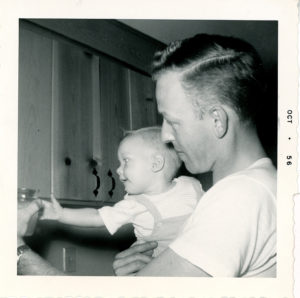- Adopted a WordPress theme that’s both fully compatible with IndieWeb protocols and microformats and visually appealing to me. Specifically I installed and switched to IW26 — David Shanske’s fork of the WordPress 2016 standard theme.
- Enabled support for IndieAuth, WebMention and MicroPublish endpoints by adding the right <link> elements to my home page. As part of that learned how to use the Microformats parser on microformats.io to examine and debug my own settings.
- Set up an .htaccess file in my site’s home directory with rules to properly handle redirection to https: and to dereference the www. prefix to site URLs. Made the appropriate matching adjustments in WordPress and my Dreamhost admin panel.
- Developed a better understanding of WordPress Post Kinds (after all, David wrote the plugin), customized the set to fit what I’m likely to use when I post, and tested a few.
- Added rel-me connections to my blog for Flickr and Instagram using the WordPress widget.
- Tested use of Quill as a micropublishing client. Successfully posted a note to my blog from Quill in Firefox on an Android phone.
- Tested WebMention support thanks to Jack, resulting in a series of comments on our respective sites (and also highlighting a formatting bug he was able to fix on his custom WordPress theme with some help from David).
- Added Syndication Link support and tested it by posting a review to TripAdvisor.com and a companion note on my blog reference that review.
This got me over the WordPress vs. IndieWeb theme problem I’d been struggling with and hoped to resolve today, and a lot more overall IndieWeb functionality as a bonus. Thanks to David & Jack’s help I’m comfortable asserting that you can satisfyingly bring IndieWeb to a WordPress site, though more compatible themes and onboarding resources would both be big wins.




